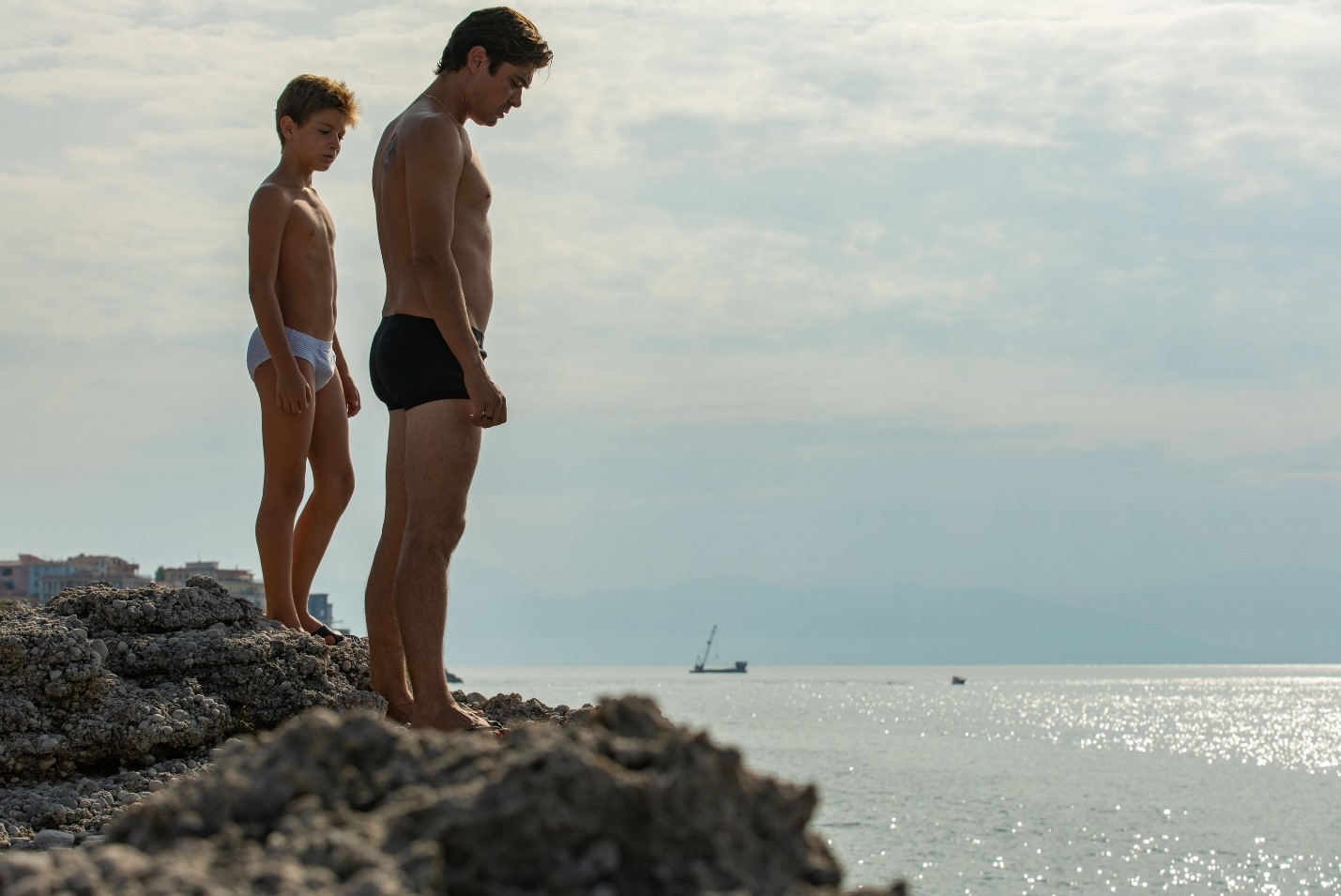Film Review by Professor Robert Abrams, Weill Cornell Medicine, New York
Stolen Days (Il Ladro di Giorni), directed by Guido Lombardi (Italy 2019).
Showing on Thursday 5th March in ‘Cinema made in Italy’, London.
Stolen Days (Il Ladro di Giorni) can be seen as the story of a boy on the cusp of adolescence, but its presentation is richer and more multi-layered than the usual coming-of age film genre. In Stolen Days there is also a parallel, if partial, process of maturation for the boy’s father. One of the most important and original messages of this film is that the parental contribution to adolescent psychological development is not only more complex, but also more mutual, than is commonly recognized. In this film father and son are agents of change and growth for each other. The narrative further demonstrates that a parent, in this case a father, need not be a paragon of virtue or superego perfection for his son to develop an enduring positive relationship with him; and if a child is sufficiently convinced of his parent’s love, his identification with that parent can be selective.
Salvo (Augusto Zazzaro) is a 12-year-old boy who has been living with an aunt and uncle after the death of his mother and the imprisonment of his father. When the father, Vincenzo (Riccardo Scamarcio), is released from prison after a seven-year sentence for a crime spree involving drug-trafficking and car theft, he suddenly reappears in his son’s life. Salvo’s guardians anxiously hand him over to his father’s care for an extended weekend. Salvo, angry and unable to understand why his father had abandoned him years before, does not want to go along.
The weekend excursion planned by the father is a journey in which Salvo is to be a “mule” for a gang of fearsome, high-stakes drug dealers. Vincenzo cynically views his son as a protective element; he believes that, traveling with a young child, authorities will not bother to search the car or question him too closely.
But the viewer has been made aware that there is a more legitimate basis to the relationship between father and son, having previously witnessed a scene in which Salvo, then aged about 5, is affectionately loved by his father. A toy robot he found in that scene, named “Wednesday,” remains throughout the film a relic of that foundational love with all its convoluted ambivalence. At one point during the course of their travels, Vincenzo tells Salvo that he is too old to be clinging to a plastic toy. Salvo, sullen, uncommunicative and frightened by this scary, tattooed felon, hurls the toy onto the highway. But then Vincenzo offers a hint of his reawakening paternal feelings—emotions he cannot express in words—by risking his life to retrieve the toy against the oncoming traffic.
For Salvo, something approaching adult maturity is achieved when he perceives the flawed character of his father but admires him nonetheless. Yet that insight is the culmination of a whole series of milestones, rather like the journey he is taking with his father in a car, a path that, for him, began with fear and revulsion but concludes altogether differently.
Under the most unpromising of conditions, Salvo discovers that he has a bent for quick thinking, has pockets of textbook knowledge that Vincenzo lacks, and can deftly complement his father’s skills as a petty thief. Salvo also manages to intervene successfully on several occasions to save his father from disaster. The name “Salvo,” as in salvation, is fitting in that sense.

But Salvo may be rescuing his father in a deeper sense as well. Vincenzo is a hapless, self-defeating man who repeatedly makes ruinous miscalculations, an aspect of his personality that will never change. But his early, guileless love for Salvo, coupled with a new respect for the boy’s abilities, is now fully in his awareness. In the short car journey with his son, Vincenzo seizes the opportunity to recoup the “stolen days” of his years in prison by reconnecting with his son in a meaningful, consequential way.
In truth, it is not only impaired judgment that dooms Vincenzo; there is a nascent resurgence of the humanity he had displayed with Salvo as a child, a vestigial capacity for empathy, that inhibits him at a perilous juncture and ironically seals his fate. With all his failings, Vincenzo has finally achieved a modicum of success as a father. In a splendid, satisfying ending, it becomes clear that, in the emotional memory of his son, Vincenzo will remain immutably heroic.